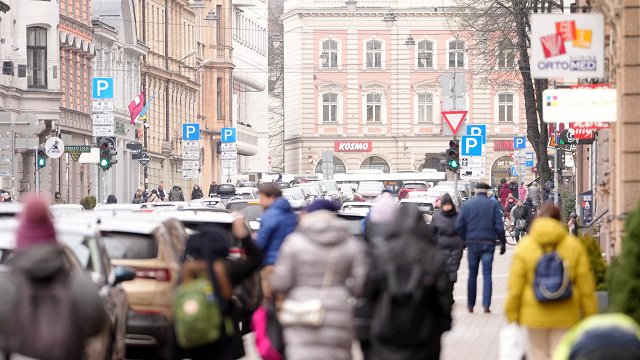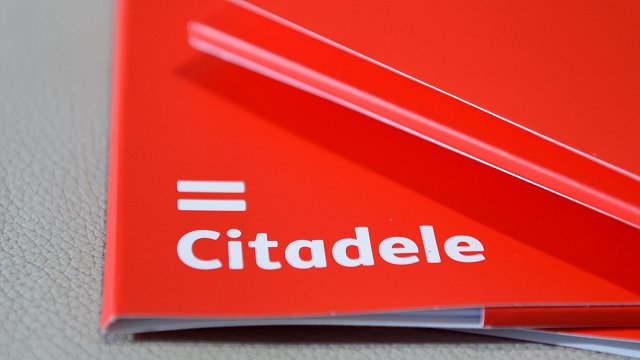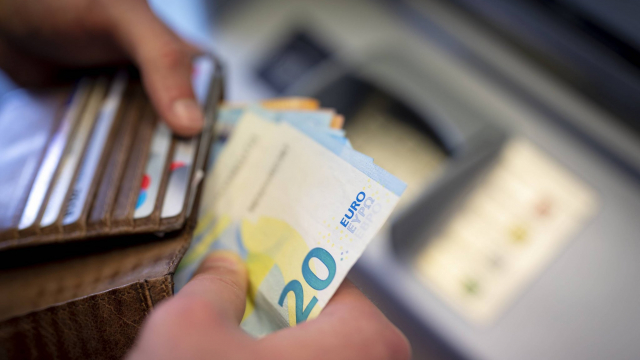“The mere fact that it’s not in the center of things made it kind of interesting.”
As for Citadele itself, the venerable American economist from the Carter- and Reagan-eras passed off all expertise on the project to his friend and advisor Tim Collins, head of the Ripplewood investors’ group. He did however support Collins’ previous remarks that Citadele would be a leading “center of modern banking” in the region, with “high sights” of being “safe, good and reliable – and we’ll have oversight to make sure it stays that way,” he added.
He insisted as an American that he felt the Baltic states are “part of the European heartland”, so even though the Citadele deal might be “on a small scale in terms of investment”, the countries have “always had a certain sympathy, a feeling of relationship, defensible and going to be defended”.
Asked about the general security situation in many of the world’s hotspots at the moment, the 87-year-old Volcker said “we can’t sit back and be frightened just because we don’t like many things going on in the world,” adding that he was too old to worry much about his own investments anymore.
He did remark that the Russian economy was clearly in trouble with its heavy dependency on natural resources causing a recession that will be interesting to see how the Putin regime can “get out of it.”
Finally, Volcker said that Europe is quickly learning lessons from its own delicate situation, and has been doing better in its slow recovery, but that Greece “hasn’t helped.”
He said the best that can be hoped for is a “reasonable recovery, not a big boom”, but enough growth to allow for a small degree of expansionary policies, especially now that inflation has been kept in check. He expressed hope in the signs of turnaround in the sluggish economies of southern Europe like Spain and Portugal, though “Italy’s in a bind,” he added.
In any case, he said that a united currency requires Europe to look toward avoiding great imbalances that lead to difficult adjustment processes.
“You have to live with that and take measures,” he said, concluding that the lesson to be learned was that it shouldn’t have been let to get to that point in the first place, that “there is a need for stronger policy determination.”
His final message to Europe: “Find a way to grow without so much debt – a lesson for all of us.
“Be part of this western world and thrive and restore your aggregate economy, which is larger than that of the US, by the way.
Living alongside Russia and China is a challenge for all of us in the world, and the good, strong, healthy European democracies are a benefit to the world.”




























